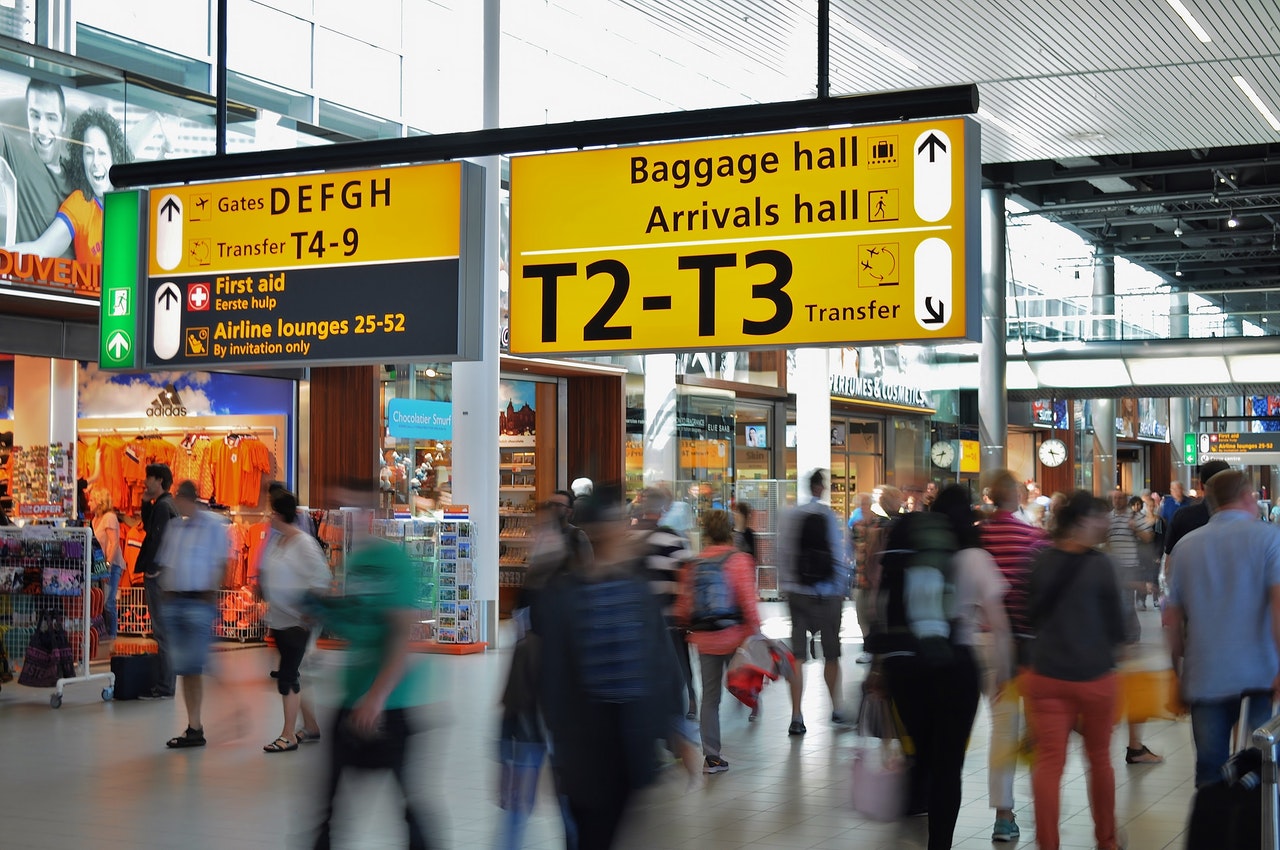Last updated: 30 June 2017
Are you a citizen of the European Union? Are you planning to move to Romania to work as an employee? If so, it would be useful to know that the Romanian law has recently clarified the rights of European nationals working in Romania, as well as the legal protection instruments available if their rights are breached.
These clarifications were brought by Law no. 106 as of 18.05.2017 providing certain measures for the improvement of the exercise in Romania of the rights conferred in the context of the free movement of workers in the European Union (entered into force on 26 May 2017).
It should be noted that the free movement of workers in the European Union (thus including the Romanian Law no. 106/2017, which governs this European freedom) applies to employed workers (and not self-employed or posted workers).
FREE MOVEMENT OF WORKERS - CONTENT
Law no. 106/2017 expressly implements in Romanian legislation the principle of non-discrimination of European workers in relation to Romanian nationals. More specifically, European Union nationals who move to Romania to work as employed workers cannot be treated differently from Romanian nationals in relation to:
• Access to employment;
• Work and employment conditions, particularly in terms of pay, dismissal, occupational safety and health and, for workers who no longer have a job, professional reintegration and reemployment;
• Access to social and tax benefits;
• The right to be part of trade unions and the right to be elected as employee representative;
• Access to professional training;
• Access to housing;
• Access to education, apprenticeship and professional training for children of EU nationals;
• Assistance provided by employment agencies.
In these areas, employers and authorities must apply the same treatment to EU nationals as to Romanian nationals.
PROTECTION INSTRUMENTS FOR EUROPEAN WORKERS
If European nationals employed in Romania think that they are discriminated against on grounds of citizenship or nationality, they may submit challenges, complaints, begin legal proceedings, as the case may be, in accordance with Romanian law.
The Romania anti-discrimination authority is the National Council Against Discrimination (CNCD), to which European nationals may apply for the initiation of an investigation. This investigation may result in the sanction of discrimination acts. If the CNCD finds that the acts claimed by the plaintiff represent discrimination, it may apply several sanctions to natural or legal persons, including fairly significant fines (between 1,000 and 30,000 lei if discrimination targets a natural person and between 2,000 and 100,000 Lei if discrimination targets a group of people or a community).
Of course, European citizens can also bring legal proceedings under ordinary law, especially if they intend to obtain compensation or to be restored to their initial situation or to have the Court cancel the situation created by discrimination. It should be noted that such action is not conditioned by the prior referral of the CNCD.
